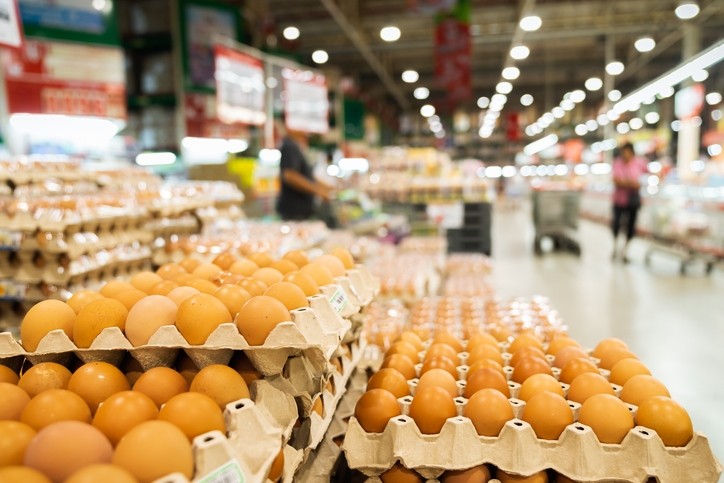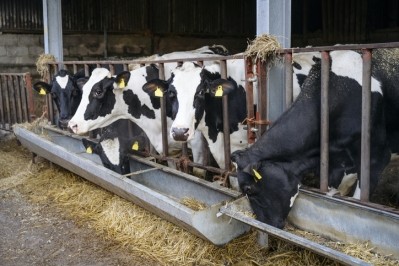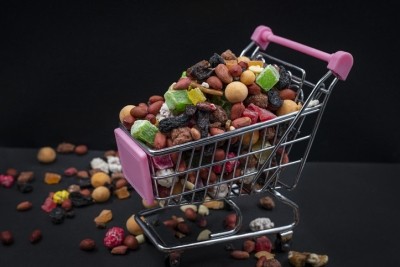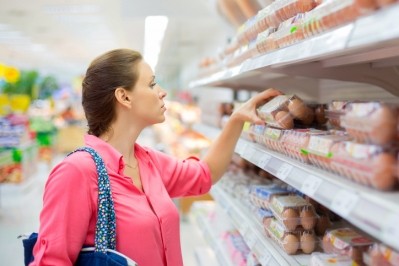UK: Calls continue for support for egg producers as feed costs escalate

Volatility in the global commodities market remains due to the impact of the Russian invasion of Ukraine.
The British Free Range Egg Producers Association (BFREPA) has already called on the UK supermarkets and buyers to support egg producers with better pricing. Its recent data showed shoppers were paying 20p ($0.24 cents) more for a dozen free range eggs, but farmers were only receiving an extra 4p.
“What everyone in the industry is calling for is the response or support from processors and retailers on the grounds that input prices are increasing,” said James McCulloch, head of feed sector at the trade group, Agricultural Industries Confederation (AIC).
He said the price of feed and commodities is a global problem, which is impacted by the cost of raw materials. However, the feed issue is particularly difficult for poultry and egg producers as they have less ability to substitute raw materials, he added. A large proportion of poultry feed is made from cereals and oilseeds.
Cost of production
“The feed cost of an egg is a large proportion of its cost of production so it is rather difficult to mitigate any increases in raw material costs,” McCulloch said.
“The difficulty because of the Ukraine-Russia situation is the volatility in the market.”
He added: “Short term there is no bright news but our feed manufacturers and their suppliers, who are these global commodity traders, are not facing an availability problem.”
While the feed sector is “good” at finding safe raw materials to meet the nutritional requirements of animals, he said suggestions had been made by some in the industry to bring in a feed price tracker for egg suppliers similar to that of milk supply contracts. This would mean that prices paid to the suppliers would be increased if average feed prices go up.
Egg shortages
Meanwhile, BFREPA is continuing to warn that if egg producers don’t receive at least 40p/dozen more, some will leave the industry or pause production, leading to shortages of British eggs in six-to-nine months.
Chief Executive, Robert Gooch, said that “supermarkets need to go further.”
The British Egg Industry Council (BEIC) said the issue is still ongoing and that as feed prices have accelerated dramatically farmers cannot absorb these costs and carry on with a viable business.
Andrew Joret, chairman of the BEIC, said: “The situation was unsustainable prior to the terrible war, but feed prices have accelerated dramatically in a way never before seen and farmers cannot absorb these costs and carry on with a viable business.“
FeedNavigator asked UK supermarkets what they were doing to support egg producers.
A spokesperson for Waitrose:
“We’ve been working with our egg supplier for over 40 years, and supporting their long-term viability remains of paramount importance to us.
“To protect farmers from rising costs, the amount we pay for our own-label eggs already increases to reflect any rising cost of feed. We will continue to work with our suppliers to ensure we're paying a fair price."
Dominic Morrey, Tesco commercial director for Fresh said:
“Like many in the food and agriculture industry, we know the egg sector is facing some challenging market conditions with input costs continuing to increase. To provide much-needed support, all of our shell eggs will continue to be produced here in the UK, but we know we need to do more to support our egg farmers.
“That’s why I’m pleased to announce long-term contracts with all our UK shell egg suppliers. Taken together with our well-established feed model, we hope we can provide the industry with some confidence and protection during these uncertain times.”
A Sainsbury’s spokesperson said:
“We are in close contact with all our suppliers and understand that many are facing unprecedented cost challenges throughout their supply chains. As a business we want to be able to support our suppliers so that we can help them to navigate these challenges, while maintaining high levels of animal health and welfare, as well as product quality.
“We are working with our egg suppliers to make sure they receive a price that reflects the increasing costs they are facing. This is based on real time factors, such as the cost of feed.”
A representative for Morrisons also commented:
Chippindales Eggs, which is a wholly owned subsidiary of Morrisons Supermarkets, is increasing its payments to egg farmers again, taking the price to around £1.14 per dozen eggs. We have also recently developed a new feed deal which we're working through with producers.








